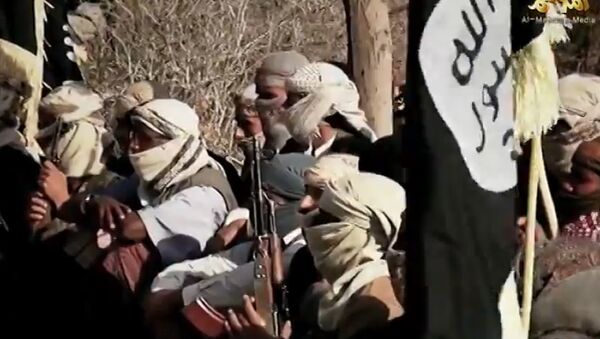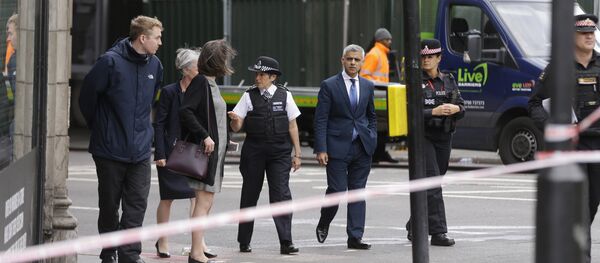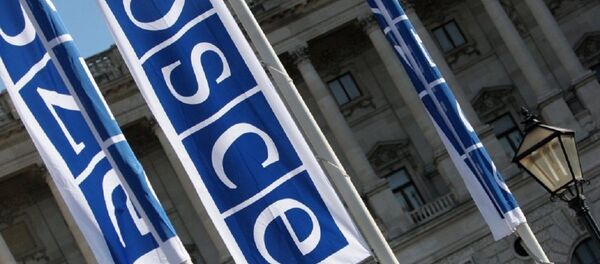The European police force said more than 700 jihadist terror suspects were arrested in 2016.
"Since the last audio message by [former Daesh spokesman] Abu Muhammad al-Adnani, we have seen an uptick in jihadist attacks all over Europe. The basic message was ‘don’t come to Syria or Iraq if you don’t want to see us attacking you at home.’ And we have indeed seen a number of jihadist plots in Europe, some of them thwarted and some executed,” Pieter Van Ostaeyen said.
Speaking about the so-called “lone wolf” attacks and how they can be prevented, Pieter Van Ostaeyen said that there is really no way to prevent them.
“Most of the ‘lone wolf’ attackers who were arrested said that they had been in contact with some kind of inspirational members of [Daesh]. We also need to find a way to ‘outgrow’ this jihadist ideology and offer a better alternative by investing more in housing, education, things like that. Meanwhile, I believe that we’re up for several more years of increased jihadi terror in Europe.”
Some people say that part of the problem with Islamist radicalization stems from the West’s war on terror. Many Muslims across the world feel offended by the Western attitude towards Muslims.
Pieter Van Ostaeyen said that this is clearly evident from Daesh messaging which says that the whole Muslim world is being attacked by the West.
Media reports about more and more foreign fighters disillusioned with Daesh now returning to their native countries.
When asked whether the flow of European fighters going to Syria and Iraq really decreased, Pieter Van Ostaeyen said that this is true because Daesh has lost all its borders with Turkey and most of the territories it once controlled.
“This also means that we might see an upsurge in homegrown terrorism in the years to come,” Pieter Van Ostaeyen warned.
The Europol report also noted a rise in violent assaults by right-wing groups that included jihadists, nationalists and others.
However, nearly all fatalities and most of the injuries were caused by jihadists.





